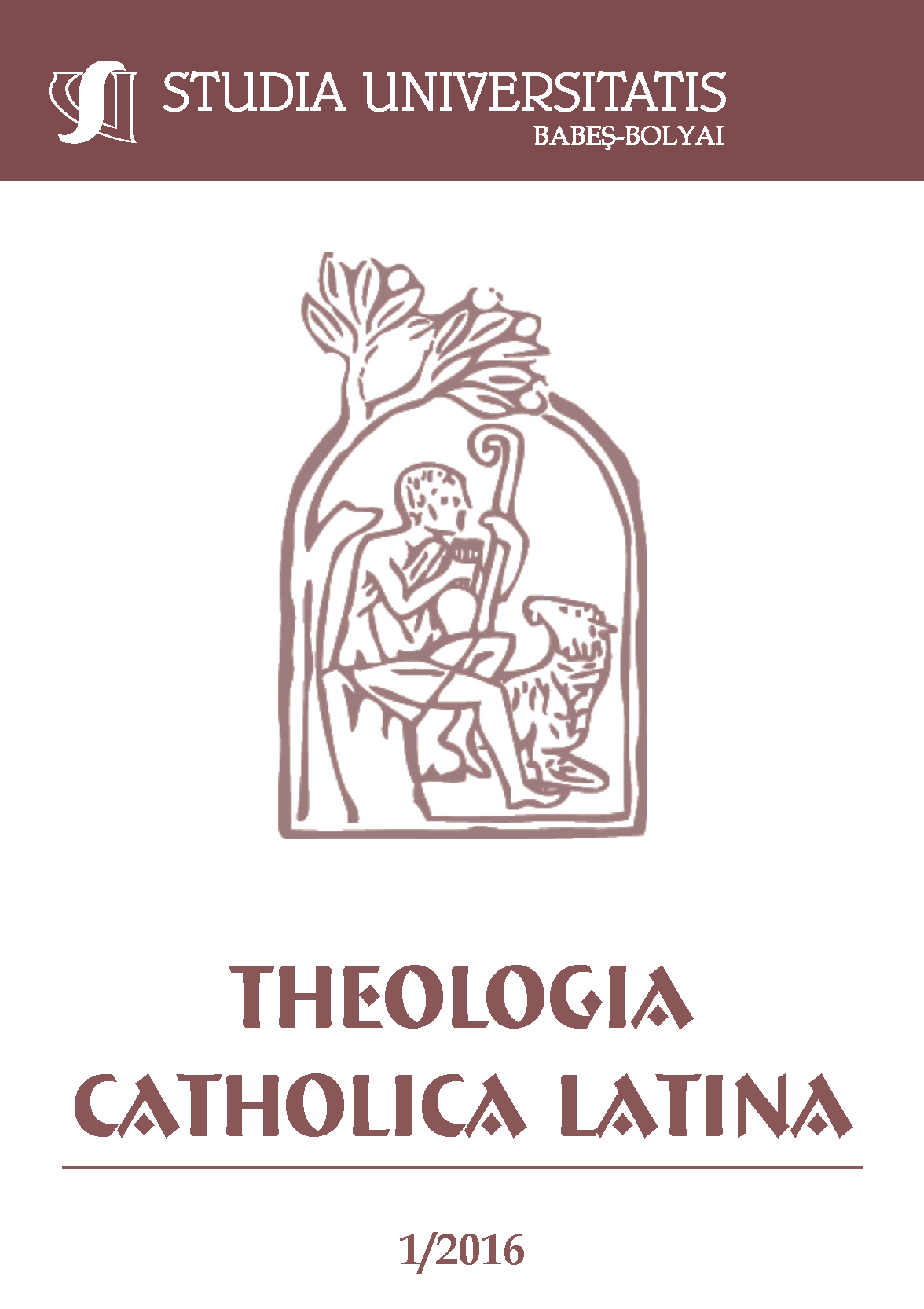FÉNELON AND THE EDUCATION OF GIRLS. A SHORT NOTE ON SOME ENDURING ANCIENT TOPOI
Keywords:
education of women, François Fénelon, De l’éducation des filles, Xenophon, Musonius Rufus, Plutarch, virtues, household management.Abstract
This paper discusses François Fénelon’s treatise on the Education of Girls (De l’éducation des filles, 1687) focusing on the presence of common Greco-Roman topoi regarding the education of women. These concern the reasons for which girls should be educated, the curriculum they should follow and the flaws of female nature that should be kept in mind in the process. Some ideas pick up arguments already voiced by Xenophon, Musonius Rufus, and Plutarch. In spite of his moderately progressive educational views, Fénelon uses these topoi to reinforce traditional gender roles. To the savante he opposes the modest, self-effaced woman dedicated to household management.
References
Bausset, Louis-François de, Histoire de Fénelon I, Paris: Gauthier, 41830.
Bellegarde, Jean-Baptiste Morvan de, Modèles de conversations pour les personnes polies, Amsterdam, 1699.
Boulard Jouslin, Claire, “Conservative or Reformer? The History and Fortune of Fénelon’s Traité de l’Éducation des filles in Eighteenth-Century England”, The Journal for Early Modern Cultural Studies 12.4 (2012) 48–77.
Boulvé, Louis, De l’hellénisme chez Fénelon, Paris, 1897, reprint Genève: Slatkine, 1970.
Fatherly, Sarah, Gentlewomen and Learned Ladies: Women and Elite Formation in Eighteenth-Century Philadelphia (Studies in Eighteenth-Century America and the Atlantic World), Bethlehem: Lehigh University Press, 2008.
Fénelon, François de Salignac de La Mothe, De l’éducation des filles, Paris, 1800; Engl. François Fenelon’s Treatise on the Education of Daughters. Translated from the French, and Adapted to English Readers (transl. Thomas F. Dibdin), London, 1805.
Grémy-Deprez, Sandra, “Une source privilégiée du Télémaque: Les Vies des hommes illustres de Plutarque”, Littératures Classiques 70 (2010) 225–242.
Guthrie, Kenneth S., David Fideler, The Pythagorean Sourcebook and Library. An Anthology of Ancient Writings Which Relate to Pythagoras and Pythagorean Philosophy, Grand Rapids: Phanes, 1987.
Hemelrijk. Emily, Matrona Docta Educated Women in the Roman Elite from Cornelia to Julia Domna (Routledge Classical Monographs), London, New York: Routledge, 1999.
Lougee, Carolyn C., “Noblesse, Domesticity, and Social Reform: The Education of Girls by Fénelon and Saint-Cyr”, History of Education Quarterly 14.1 (1974) 87–113.
Lutz, Cora E., Musonius Rufus, “the Roman Socrates”, New Haven: Yale University Press, 1947.
Manteghi (Goulding), Christine M., Witz in Enlightenment Thought and in Gotthold Ephraim Lessing’s Critical Theory and Literary Practice (Doctoral Thesis), California State University, Chico, 1998, 34–37, <http://www.csuchico.edu/ ~cgoulding/witz/new-ch1.doc>.
Pomeroy Sarah B. (transl., commentary), Oeconomicus. A Social and Historical Commentary, Oxford: Clarendon, 1994.
Poullain de la Barre, François, De l’éducation des dames pour la conduite de l’esprit dans les sciences et dans les mœurs. Entretiens, Paris: Jean du Puis, 1674.
Poullain de la Barre, François, De l’égalité des deux sexes, Discours physique et moral, où l’on voit l’importance de se défaire des préjugés, Paris: Antoine Dezallier, 1673, 21679.
Thesleff, Holger (ed.), The Pythagorean Texts of the Hellenistic Period, Ǻbo: Ǻbo Akademi, 1965.
Downloads
Published
How to Cite
Issue
Section
License
Copyright (c) 2016 Studia Universitatis Babeș-Bolyai Theologia Catholica Latina

This work is licensed under a Creative Commons Attribution-NonCommercial-NoDerivatives 4.0 International License.



